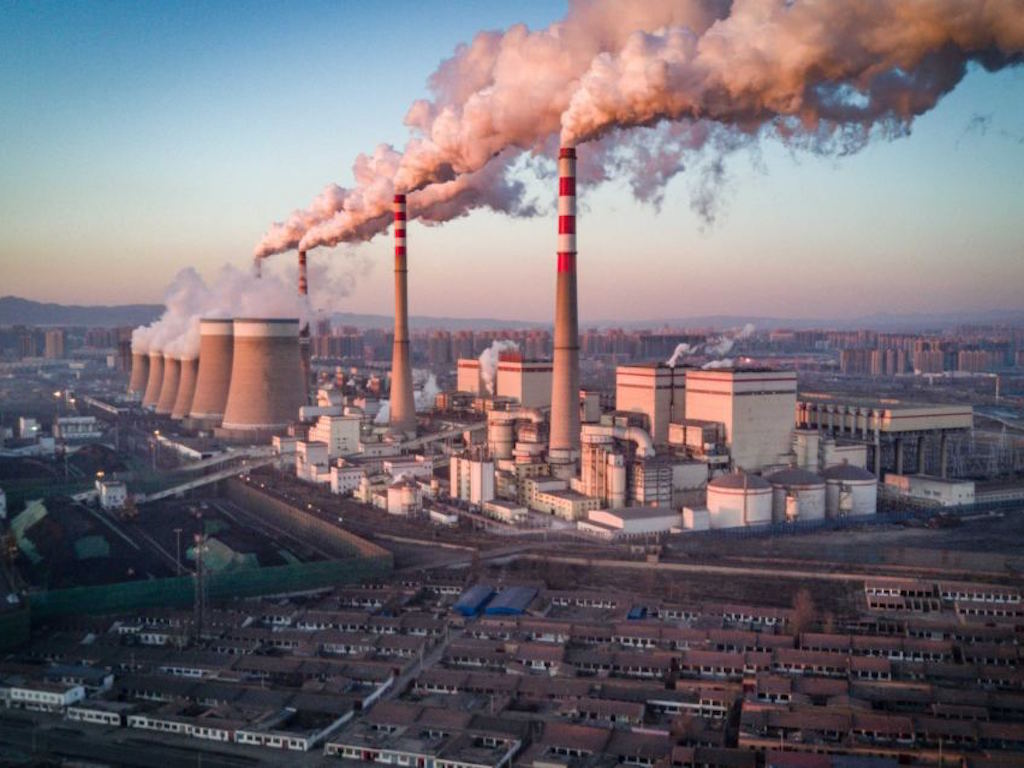3 Mins Read
In a speech in Bangkok, Thailand last Saturday, United Nations Chief Secretary António Guterres described climate change as the “defining issue of our time,” and that Asia must be on the “front line” to fight it by eliminating fossil fuels. Citing a recent Climate Central study that found that Asia is most at risk of annual flooding by 2050, Guterres warns that Asian countries must quit their current addiction to coal mining if we are to stand a chance against the catastrophic impacts of our escalating climate emergency.
After the release of a study published in Nature Communications that found 300 million people will face annual coastal flooding brought on by global warming by 2050, which is three times as many people than previous estimates, the UN Chief urged governmental leaders in Asia – the region most vulnerable to unrecoverable losses – to take action now. One of the most crucial measures, according to Guterres, is to eliminate coal, which is a major source of power in many Asian countries.
READ: The Single Biggest Threat To Asia & The Pacific Is Climate Change
“People can discuss the accuracy of these figures…[but] what is clear is that the trend is there…We have to put a price on carbon. We need to stop subsidies for fossil fuels. And we need to stop the creation of new power plants based on coal in the future,” warned Guterres to reporters on Saturday’s press conference in Bangkok.
His warnings come as other major organisations have released reports warning of the threat to lives in Asia in particular. In the most recent UN landmark report with the World Meteorological Organisation (WMO), we are currently experiencing record-breaking temperatures, with global warming posing disastrous threats to Asia if we do not quickly start reversing our current temperature-rising trend.
A special report by the UN IPCC on the state of our cryosphere also came to similar conclusions: that at our current rate, we are likely going to experience intense and destructive storms, melting ice caps and permafrost leading to sea-level rise, which will affect the lives of people living in coastal areas in Asia the most.
This is not the first time Guterres has made public comments about the need to take political action now: last month, the UN Chief published an op-ed during the Covering Climate Now media movement, where he urged countries to make rapid progress on “carbon pricing, ensuring no new coal plants by 2020, and ending trillions of dollars in giveaways of hard-earned taxpayers’ money to a dying fossil fuel industry.”
READ: Why Divestment From Fossil Fuels Needs To Happen
As of now, money continues to pour into coal investments in Asia. While divestment is a concept that seems to be catching on in Europe and North America, figures from the Institute for Energy Economics and Financial Analysis (IEEFA) show that as much as two-thirds of China’s overseas investment in 2018 was spent on coal-fired plants.
In our own Green Queen investigation, we found that many of the biggest funders of coal mining were banks located in Hong Kong and China. The Bank of China, for instance, financed over US$55,500 million in fossil fuel companies and projects between 2016-2018 in Australia, China, India, Indonesia, Myanmar, Vietnam, Singapore, Japan among others. Despite China boasting about their solar energy capacity recently, these figures underline a worrying trend about how far we really are from eradicating one of the biggest drivers of our climate emergency.
Lead image courtesy of ABC News / Brant Cumming.




